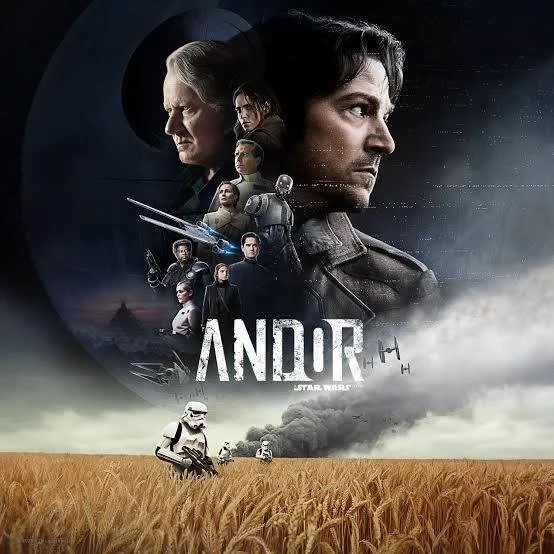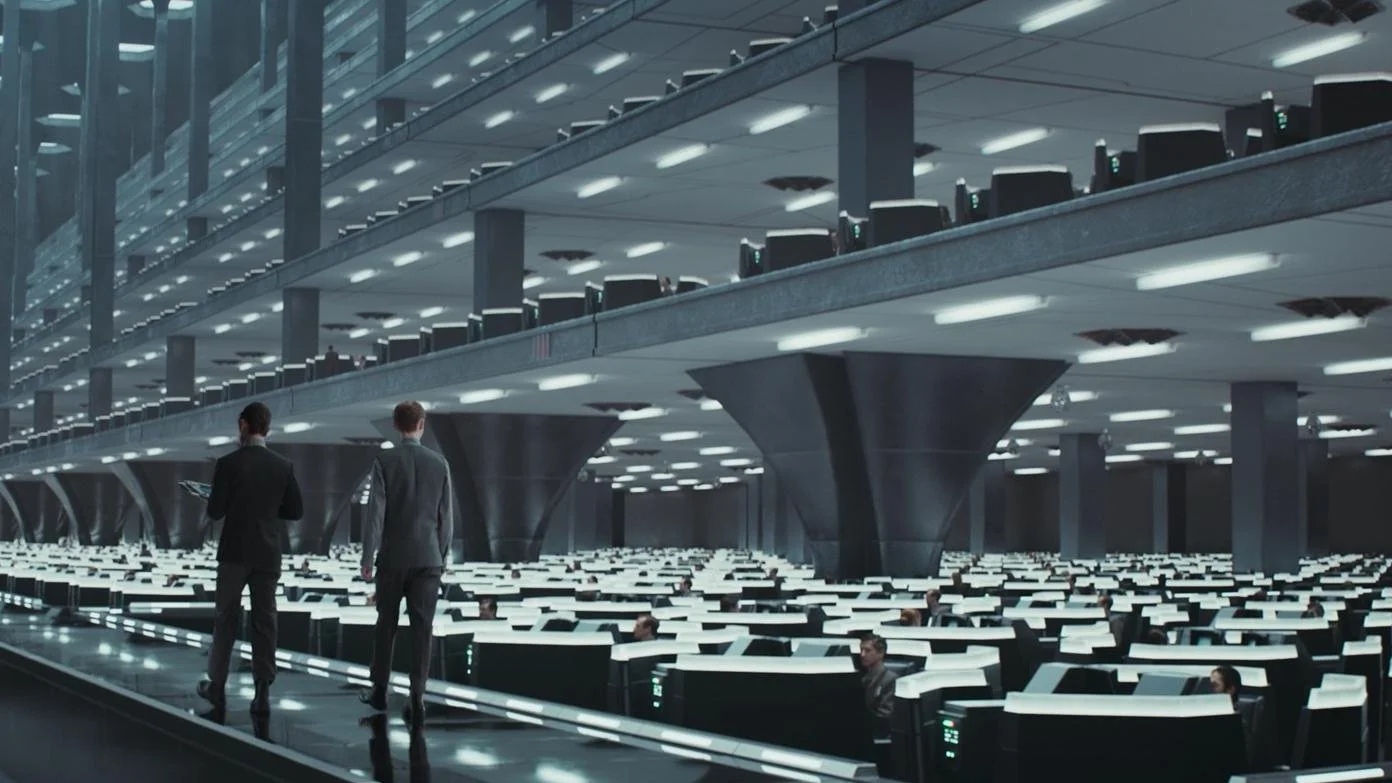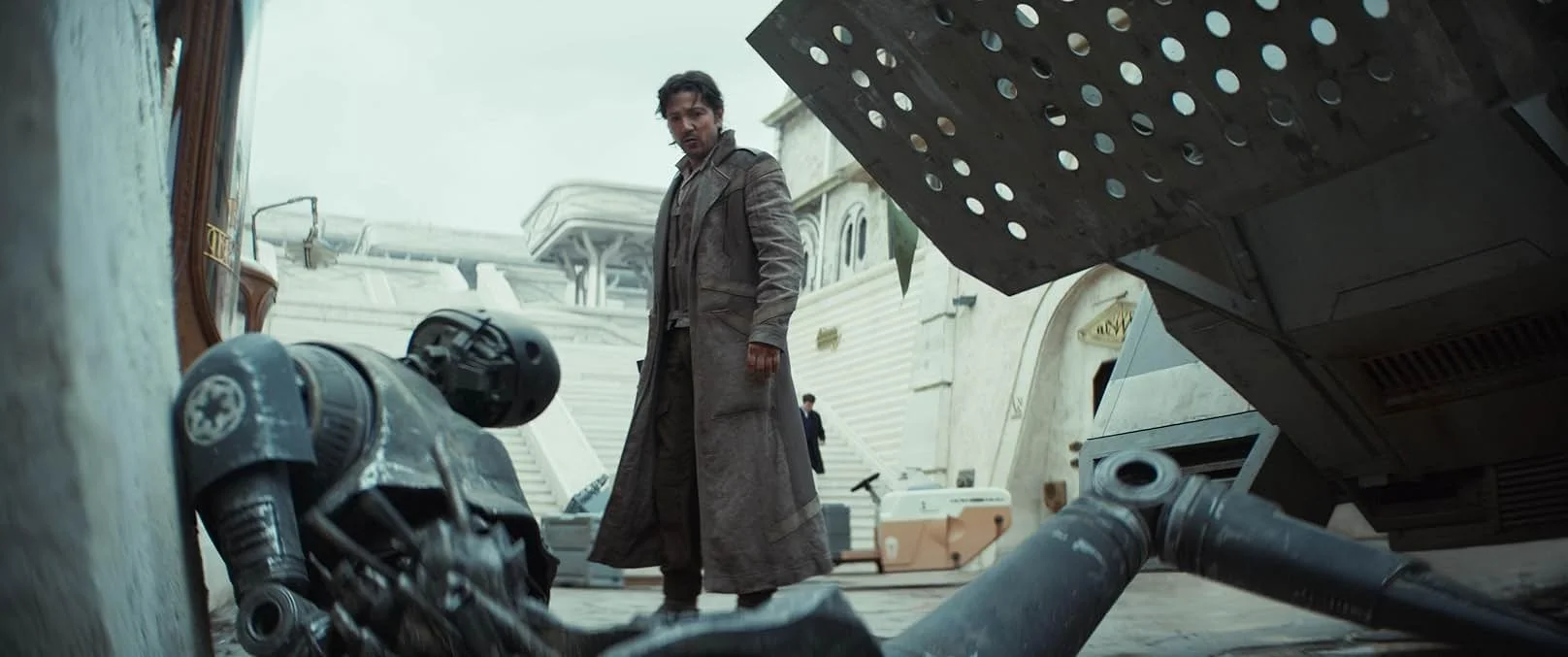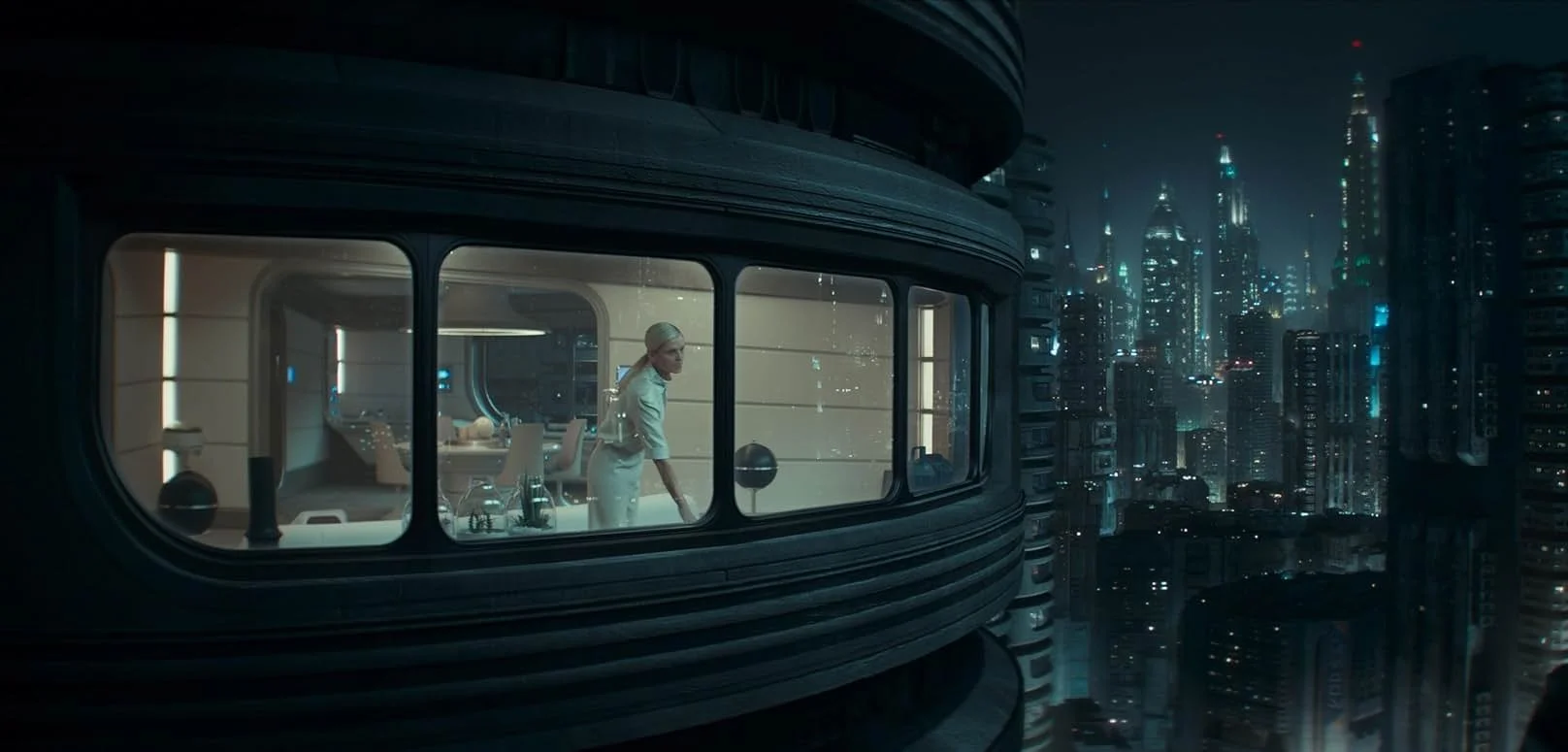Andor: An American Rorschach Test
“Freedom is never more than one generation away from extinction. It has to be fought for and defended by each generation.” — Ronald Reagan
Last week a dear friend of mine, Michael Ledeen, passed away at 83. His wife, Barbara, was my colleague for six years at the Senate Republican Conference. My wife and I grew close to them over the years. Almost once a month we would venture to Chevy Chase for dinner, sometimes over Shabbat, to enjoy generous food and conversation.
Michael was a true renaissance man, known mostly as a public intellectual with expertise in fascism and Iran (and the intersection of the two). His close friends also knew him as an avid movie buff, and we occasionally enjoyed films together, including private screenings of LORD OF THE RINGS and THE CHRONICLES OF NARNIA. He was also a fan of science fiction. Being waylaid by my knee replacement, I had just finished season two of the Andor series set in the Star Wars universe when I got word of his death. I wished that he had been well enough to see the series and to share his insights on it with me.
The Disney+ series might be the most politically resonant entry in the Star Wars universe. It's not just a prequel to Rogue One or a gritty spy thriller—it’s a slow-burn meditation on how tyranny takes hold, and how even resistance can become morally compromised in the process.
What makes Andor so compelling is how it offers something meaningful to both sides of the political spectrum. Progressives and conservatives alike can point to the same scenes and draw very different—but equally valid—lessons. It’s a kind of political Rorschach test. But beneath those interpretations is a shared warning: when power becomes centralized and unaccountable, personal liberty is the first thing to disappear. This is, of course, what we see in countries like Iran, and what many Americans are concerned they see signs of here.
In Andor, those signs are flashing red. The Empire rules not just through brute force but through bureaucracy, surveillance, and psychological warfare.
Take, for example, the Empire's use of a false flag operation—a staged event used to justify the expansion of repressive control. That’s straight out of the authoritarian playbook, evoking real-world moments when governments have manufactured threats to silence dissent or increase surveillance. For example, was January 6 a planned overthrow of the Constitutional order, or a false flag operation to expand the police state and suppress freedom loving citizens?
The show’s depiction of labor camps like Narkina 5—where prisoners are exploited for their labor under inhumane conditions—strikes a nerve with those critical of over incarceration. Human beings are reduced to disposable cogs in the Empire’s machine, and the system justifies it all in the name of "order."
For progressives, Andor paints a picture of a world where inequality, systemic oppression, and unchecked state power combine into a suffocating authoritarian regime. The banality of evil is everywhere, from the indifferent Imperial bureaucrats to the soul-deadening grind of imperial rule.
If you lean conservative, Andor hits a different nerve. The show becomes a dire warning about what happens when centralized power goes unchecked. The Galactic Empire is the ultimate bloated bureaucracy: distant, authoritarian, and insulated from the people it controls. It dictates behavior, crushes tradition, and wipes out local autonomy—all in the name of order and efficiency.
The Empire’s willingness to use false flag tactics isn't just authoritarian—it’s manipulative and dangerous. Conservatives see this as a clear cautionary tale about government deception and the risks of blindly trusting centralized institutions. Human nature is corrupted, conservatives warn, and too much power in too few hands will inevitably lead to authoritarianism.
The series also highlights how big government, when left to expand without limits, becomes incapable of recognizing individual dignity. Citizens are treated as data points, criminals as forced labor, and communities like Ferrix are punished for defying imperial norms. It’s a nightmare scenario of state overreach.
One of Andor’s most powerful—and disturbing—elements is how it refuses to let the Rebellion off the hook. The show depicts not just the cruelty of the Empire, but also the moral compromises within the Rebellion itself.
Luthen Rael, a key architect of the insurgency, is a man who openly admits he’s sacrificing people—good people—for the cause. In one episode, he allows an entire rebel cell to be destroyed rather than risk revealing an informant inside the Empire’s inner elite. It’s brutal calculus: lives traded for the hope of future freedom.
This introduces a vital question: Is it possible to fight tyranny without becoming what you’re fighting?
For progressives, this may echo moments in history where revolutionary movements lost their moral compass. For conservatives, it confirms fears that ideologues—once empowered—can become just as tyrannical as those they seek to overthrow.
In this way, Andor becomes more than a battle between good and evil. It’s a meditation on the tension between principle and pragmatism—between fighting for freedom and preserving humanity while doing so.
What makes Andor so timely is its reminder that tyranny doesn’t come all at once. It creeps in slowly—through paperwork, through fear, through the normalization of cruelty. When we finally realize it is here, it most likely is too late to act to stop it.
Progressives may see echoes of fascism and systemic injustice in the series, reflecting their concern over President Trump’s consolidation of power through his Executive Orders, DOGE and bullying tactics. Conservatives may see the misuse of power through propaganda to manipulate the press and the imposition of the administrative state to usurp individual and local autonomy, echoing their concern over Russiagate, hiding the ball regarding the President’s health and the challenging of gender norms under the Biden Administration. But both perspectives converge on the same insight: when power is unaccountable and institutions become too large to challenge, individual liberty is at risk.
Andor isn’t just another tale of rebellion in the galaxy. It’s a mirror held up to our own world, reflecting back our fears, our hypocrisies, our hopes and our realities. And perhaps the most important mirror it holds up is our temptation to compromise our principles and accommodate the worst practices of “our tribe” to accomplish the objectives we believe are just.
Having studied facism in Italy, dictatorships in Africa, Marxist autocrats in Latin America and of course theonomic authoritarianism in Iran, Michael Ledeen was aligned with the message we should all take away from the series: Freedom is fragile. Power is seductive. And in the wrong hands, including our own, we can lose our soul while pursuing noble causes.





